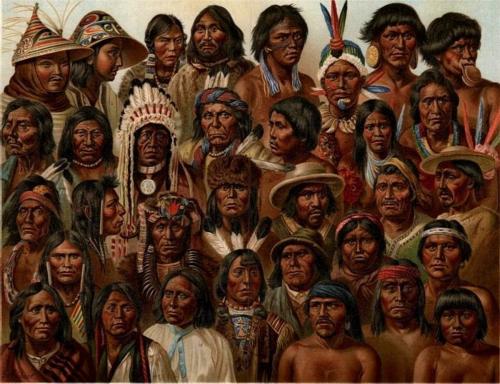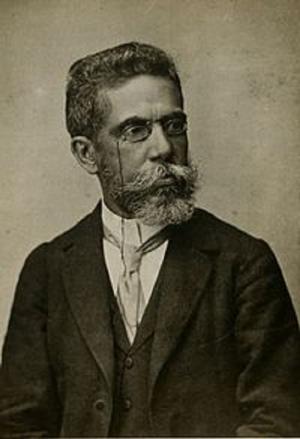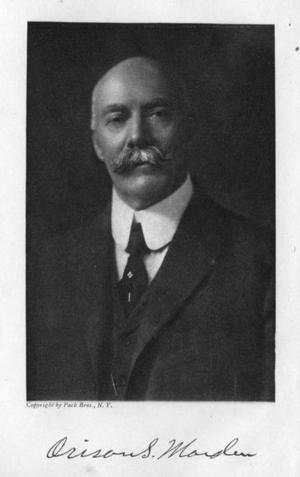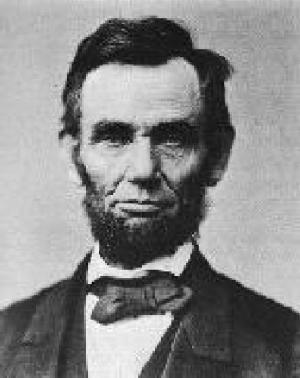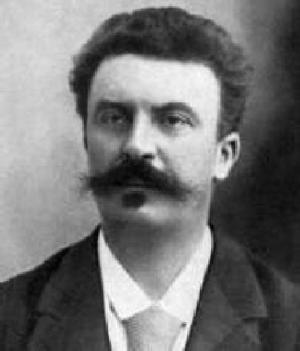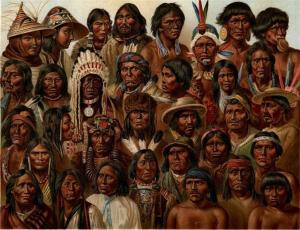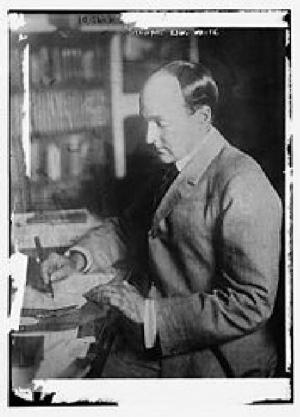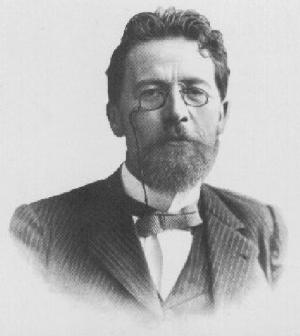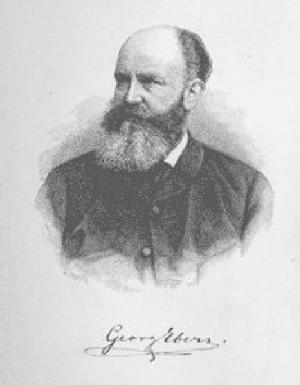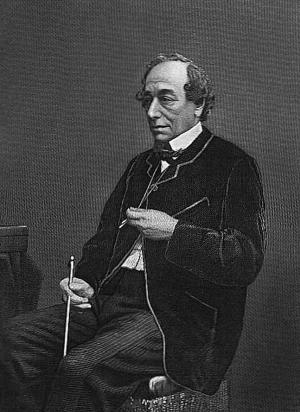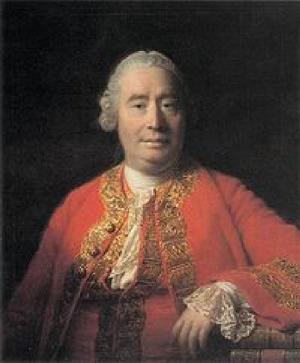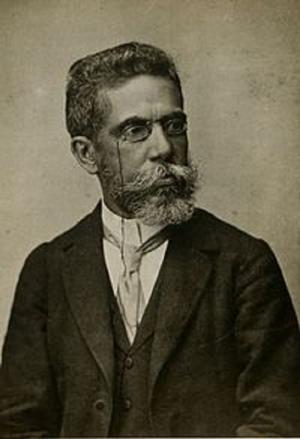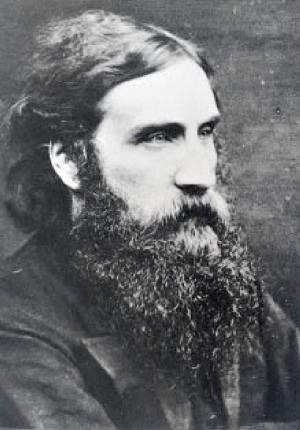| Author: | Zitkala-Sa | ISBN: | 9781455340071 |
| Publisher: | B&R Samizdat Express | Publication: | December 15, 2009 |
| Imprint: | Language: | English |
| Author: | Zitkala-Sa |
| ISBN: | 9781455340071 |
| Publisher: | B&R Samizdat Express |
| Publication: | December 15, 2009 |
| Imprint: | |
| Language: | English |
According to Wikipedia: "The indigenous peoples of the Americas are the pre-Columbian inhabitants of the Americas, their descendants, and many ethnic groups who identify with those peoples. They are often also referred to as Native Americans, First Nations, Amerigine, and by Christopher Columbus' geographical mistake Indians, modernly disambiguated as the American Indian race, American Indians, Amerindians, Amerinds, or Red Indians. According to the still-debated New World migration model, a migration of humans from Eurasia to the Americas took place via Beringia, a land bridge which formerly connected the two continents across what is now the Bering Strait. The most recent point at which this migration could have taken place is c. 12,000 years ago, with the earliest period remaining a matter of some unresolved contention.[1] These early Paleoamericans soon spread throughout the Americas, diversifying into many hundreds of culturally distinct nations and tribes.[2] According to the oral histories of many of the indigenous peoples of the Americas, they have been living there since their genesis, described by a wide range of traditional creation accounts. Application of the term "Indian" originated with Christopher Columbus, who thought that he had arrived in the East Indies, while seeking Asia. This has served to imagine a kind of racial or cultural unity for the aboriginal peoples of the Americas. Once created, the unified "Indian" was codified in law, religion, and politics. The unitary idea of "Indians" was not originally shared by indigenous peoples, but many over last two centuries have embraced the identity, however, there is growing resistance to it, especially in Canada."
According to Wikipedia: "The indigenous peoples of the Americas are the pre-Columbian inhabitants of the Americas, their descendants, and many ethnic groups who identify with those peoples. They are often also referred to as Native Americans, First Nations, Amerigine, and by Christopher Columbus' geographical mistake Indians, modernly disambiguated as the American Indian race, American Indians, Amerindians, Amerinds, or Red Indians. According to the still-debated New World migration model, a migration of humans from Eurasia to the Americas took place via Beringia, a land bridge which formerly connected the two continents across what is now the Bering Strait. The most recent point at which this migration could have taken place is c. 12,000 years ago, with the earliest period remaining a matter of some unresolved contention.[1] These early Paleoamericans soon spread throughout the Americas, diversifying into many hundreds of culturally distinct nations and tribes.[2] According to the oral histories of many of the indigenous peoples of the Americas, they have been living there since their genesis, described by a wide range of traditional creation accounts. Application of the term "Indian" originated with Christopher Columbus, who thought that he had arrived in the East Indies, while seeking Asia. This has served to imagine a kind of racial or cultural unity for the aboriginal peoples of the Americas. Once created, the unified "Indian" was codified in law, religion, and politics. The unitary idea of "Indians" was not originally shared by indigenous peoples, but many over last two centuries have embraced the identity, however, there is growing resistance to it, especially in Canada."
